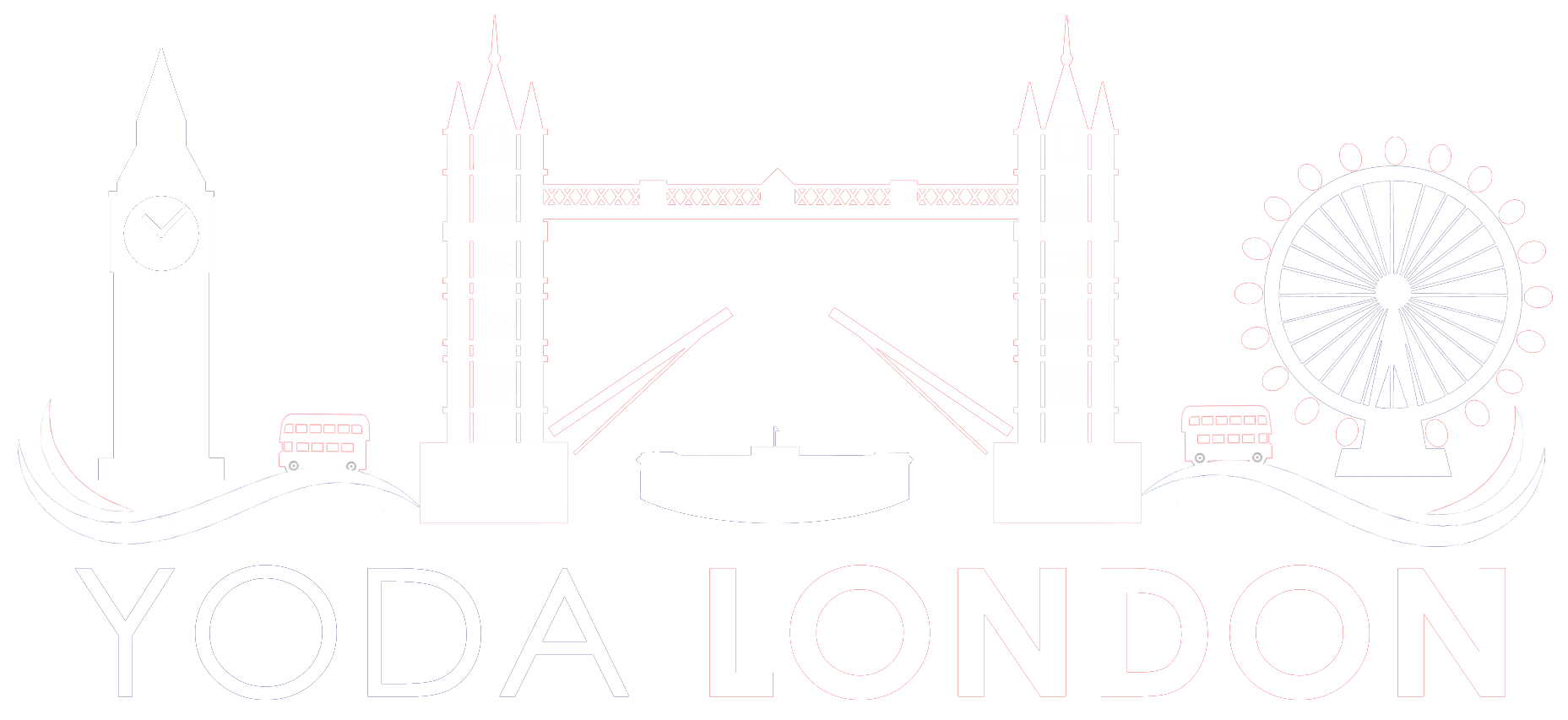Table of Contents
You have studied every possible mock question, watched an nth number of interview videos, and researched everything about the company to win over your employers. Except, you’re a nervous wreck! Just the thought of interviewing makes you sweaty, anxious, and squirming in your seat. But what causes this nervousness? The fear of the unknown…No matter how many times you’ve presented in front of your parents, friends, or a bunch of soft toys, preparation doesn’t seem enough.
The mere thought of getting bombarded with questions and the desperate need of getting the potential employer’s approval trigger uncontrolled fears and nervousness. Sweaty palms – racing heart – shortness of breath – and butterflies in your tummy are some common symptoms of nervousness before something big as a job interview. But job interviews don’t have to be such a dreadful experience, even if it’s just a few days, hours, or minutes away.
You have to do something to soothe your nerves and collect yourself to ensure your interview jitters don’t leave an unfortunate impression on the employer. Good thing you’ve found this blog because I have just the perfect tips to help you relax your nerves. You can practice some of these techniques to channel your stress into something more positive.
1. Be WELL Prepared

A lot of times, individuals are anxious because they don’t know what to expect. The only way to boost your Brain confidence and control your nerves is to be well prepared. And that’s possible through thorough research. Research the company and your potential employer to understand what they expect from their candidates and the skills needed to match a specific job role.
Then, re-read your CV inside out. They may ask you questions related to your technical and competency-based skills. That said, don’t try to memorize answers assuming the probable questions – you will come across as too rigid, and you’ll have no answer if they ask something different.
2. Take Walks or Meditate
Fresh air always does the trick for me. I remember going for long walks during my job hunting days whenever I felt stress clouding my mind. A walk or run around the block used to clear my mind and help me refocus. Similarly, take leisurely walks to slow down your mind and rebuild your focus on the task at hand.
If you are into meditation and yoga, roll out your mat and get on with it. Meditation is a simple way to calm your nerves and still your mind. You can check out some meditation videos for inspiration. But if that also fails, try deep breathing. Taking slow, deep breaths for a couple of minutes is a quick remedy for lowering the stress levels and clearing the mind.
3. Use the S.T.O.P Technique

The S.T.O.P. technique is an expert-approved mental strategy that helps an individual cope with stressful situations. The acronym stands for:
- Stop with the task at hand and focus on your thoughts
- Take deep breaths frequently to calm down
- Observe your actions, thoughts, and the signals your body is giving you, and try to analyze the reason behind the changes.
- Proceed to incorporate changes to your actions based on what you observed with your activities.
The significance of the S.T.O.P. technique is to give yourself a break and focus on what you are doing and what you feel. Experts suggest that it’s one way of reminding oneself that s/he has the power to let go of the inhibitions, fears, and doubts even in the most challenging situations and bring things under control.
4. Take Your Time
When you are particularly nervous, chances are you will fumble, slouch, or speak fast. Such signs of nervousness are understandable but can set a negative impression on your potential employer or the hiring officers. That’s why you must show confidence with your body language. Your body language can significantly influence the way you feel and create negative/positive self-beliefs.
Therefore, maintain a straight posture, keep your feet flat or legs crossed at the ankle. Crossing legs or hunching indicates how nervous you are. Don’t try to rush with your answers. Instead, listen to the question carefully and take your time to arrange your thoughts before saying something irrelevant. Then, if you need some time to gather your thoughts, ask for a moment to find the correct answer.
5. Practice Positive Self-Talk

Psychologists believe that the way we talk to ourselves can have a massive impact on our mental health and self-beliefs. So, reframing negative thoughts into positive ones can have a powerful effect on your actions. For instance, let’s say a student has to write an essay without additional help. But s/he lacks the necessary skills and is afraid of missing the deadline. What can be done?
There are two options – trust their abilities and give it the best try or use tools like an essay typer for quick solutions. The minute you shift your focus to “I can” from“I can’t,” things will start to get a lot easier. Likewise, instead of saying, “I’m so nervous about this interview,” why not say, “I’m excited about this interview.” You can also trick your mind with a treat post-interview so you can have something to look forward to and divert your mind.
6. Don’t Be Hard On Yourself
When you are nervous and worried, everything seems burdensome and overwhelming. As a result, you treat the interviewer as some ruthless monster who’d like to take your life. It’s essential to gain some perspective to keep you calm and composed. You need to understand that your potential employee is only a human looking to know you better and make sure you are the right candidate for the job.
Since they are used to seeing candidates nervous, many try to keep things less formal and relaxing. Of course, you want the job to fulfill your responsibilities, but know that it’s not the end of humankind if somehow you fail to get the job. You will come across more opportunities and find ways to perform better at interviews.
7. Think Rationally

According to experts, it’s not the situation but our perception of it that gets us anxious. Whenever you are lost in your chain of thoughts, and you cannot think straight, remind yourself why you are here in the first place.
If the potential employer didn’t find your CV suitable for the job role, he wouldn’t have invited you for the interview in the first place. As s/he is aware of your online Business skills, qualifications, and experience and found you suitable for the job interview, you’ve already crossed the main hurdle.
8. Get Ready
Just like any other day, keep a schedule for your interview days. Wake up early and go for a quick run to burn off stress. Then, have a good, healthy breakfast to keep you active you active throughout the interview. Even if you lack the appetite, don’t go for the interview empty-stomach. Try to avoid caffeine if possible, as it makes some people jittery and anxious.
Leave some time to get ready and plan your wardrobe carefully. Finally, reach your interview venue at least 30 minutes before the given time so that you get some time to freshen up. Practice some breathing exercises to normalize your heart rate and keep your mind off complex thoughts.
Closing Note
Setting the right impression is the most crucial factor in how to succeed in your job interviews. And one way to do that is to keep your nervousness in check. Channeling your stress and calming your nerves play a pivotal role in your interview success. Hence, practice the above-mentioned tips to make fewer job interview mistakes and boost your confidence to come across as the perfect candidate for the job.

